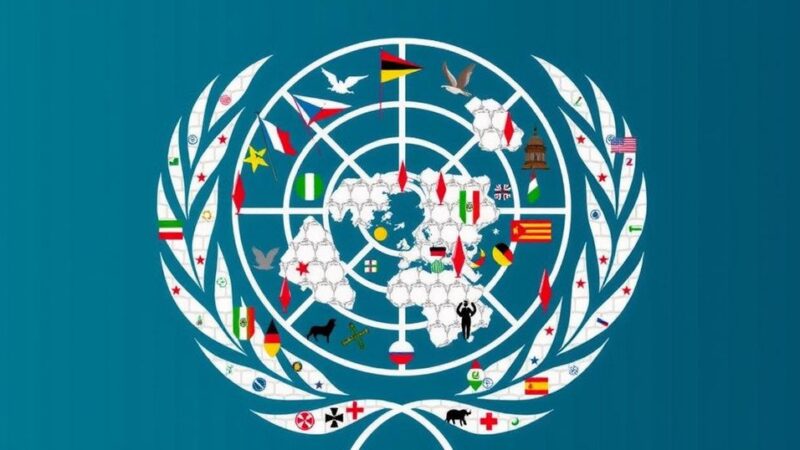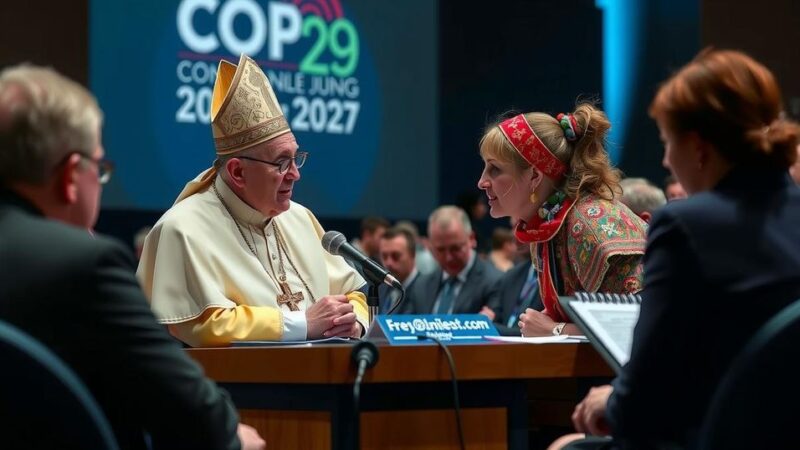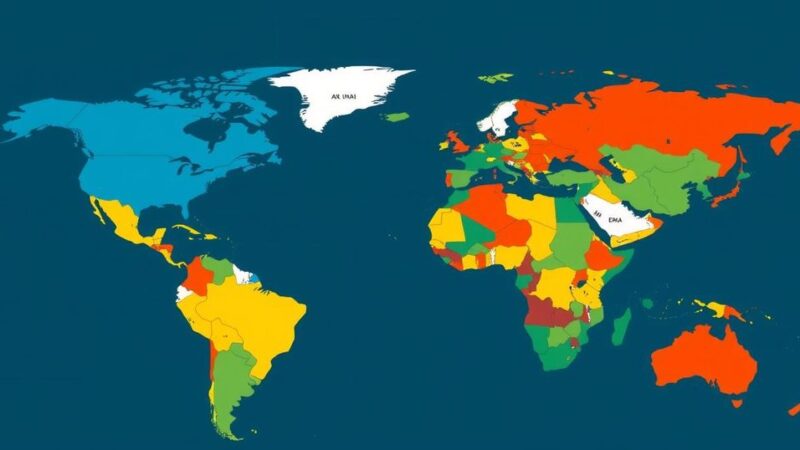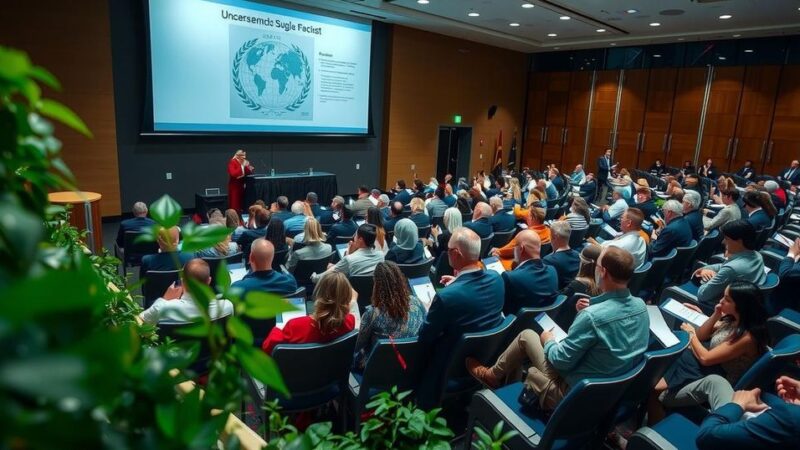September 2024 has been marked as the second-warmest September globally, with predictions suggesting it might be the hottest year on record. This increase in temperature correlates with rising extreme weather events, including heavy rainfall and storms. The ongoing climate change has resulted in unprecedented weather across various continents, raising concerns among scientists regarding the feasibility of limiting global warming to 1.5 degrees Celsius as stipulated by the Paris Agreement.
According to the Copernicus Climate Change Service, September 2024 has been recorded as the second-warmest September in history, closely trailing the exceptionally high temperatures of September 2023. This alarming trend points towards what is anticipated to be the hottest year ever documented globally. The Copernicus report highlights that the average global temperature last month was significantly elevated due to ongoing climate change, resulting in severe weather patterns, including intense rainfall and destructive storms that have become increasingly frequent and intense. The data indicate that last month, various regions globally experienced unprecedented weather challenges. Samantha Burgess, Deputy Director of Copernicus, observed that “the extreme rainfall events of this month, something we are observing more and more often, have been made worse by a warmer atmosphere.” Moreover, the occurrence of catastrophic weather patterns, such as Hurricane Helene in the southeastern United States, Typhoon Krathon in Taiwan, and Storm Boris affecting central Europe, underscores the dire implications of rising global temperatures. The climate monitor’s findings report that since January through September 2024, global temperatures have set new records, suggesting that this year is on track to surpass the previously recorded temperatures from 2023. Additionally, out of the last fifteen months, fourteen have witnessed temperatures at least 1.5 degrees Celsius above the pre-industrial average, raising alarm regarding the international climate agreements aimed at limiting global warming to well below 2 degrees Celsius. Although these fluctuations do not immediately breach the Paris Agreement, there are increasing concerns from climate experts that the goal of maintaining a 1.5-degree increase is becoming unfeasible.
The report from Copernicus reflects a broader scientific consensus regarding the ongoing impact of climate change. As global temperatures rise, warmer climates have led to more catastrophic weather events, which in turn have detrimental effects on ecosystems, human safety, and global economies. The data gathered from various sources, including satellites and ground-based instruments, highlight how quickly these changes are occurring and the urgent need for comprehensive action to mitigate their effects. The historical context provided by climate records illustrates a stark reality that the current temperature increases far surpass natural historical variances, indicating significant anthropogenic influences on climate.
The significant rise in global temperatures underscored by the September report from Copernicus not only points to an alarming trend but also emphasizes the need for immediate intervention to avert further escalation of climate change. With 2024 likely set to be the warmest year on record and frequency of extreme weather events increasing, it is imperative that global efforts to reduce greenhouse gas emissions intensify. The responses to these climate challenges must therefore advocate for systematic changes to adhere to the goals set forth by international agreements to ensure a stable climate for future generations.
Original Source: www.france24.com






